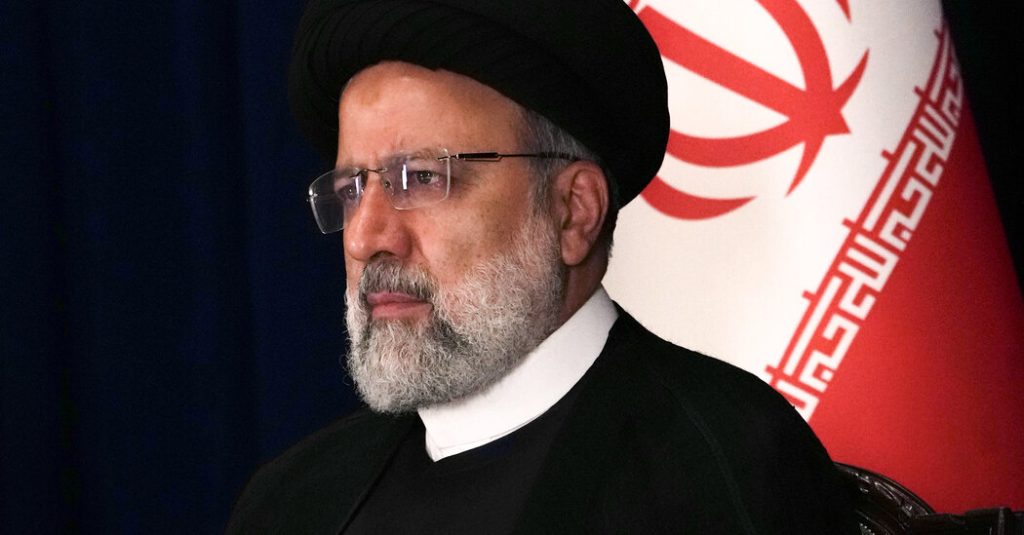Ebrahim Raisi, the President of Iran and a top contender for the position of Supreme Leader, tragically died in a helicopter crash at the age of 63. He was known for his conservative Shiite Muslim beliefs and his involvement in brutal crackdowns on opponents of the Islamic Republic. Raisi was a devoted follower of Ayatollah Ali Khamenei, upholding religious rule in Iran and supporting policies such as expanding regional influence through proxy militia groups and advancing the nuclear program.
Born in Mashhad, Raisi rose through the ranks of Iranian politics after participating in the 1979 Islamic revolution. He wore a distinctive black turban reserved for those tracing their lineage back to the Prophet Muhammad, signifying his status as a “sayyid.” With Ayatollah Khamenei aging and in poor health, the question of succession in Iran has become increasingly important. Raisi was seen as a top candidate for Supreme Leader, favored by hard-liners and paving the way for Khamenei’s son, Mojtaba, to potentially succeed his father.
Raisi’s supporters praised his strict imposition of religious and social rules, crackdowns on dissent, and pivot away from the West towards closer ties with Russia and China. His tenure was marked by economic downturns, increased political repression, and a brutal crackdown on protests, especially by women demanding greater freedoms in the country. Raisi’s human rights record was marred by allegations of involvement in the mass execution of political dissidents in 1988, earning him international condemnation and sanctions.
On the foreign policy front, Raisi sought to defy Western powers while pursuing negotiations to return to the nuclear deal and lift sanctions. His administration restored ties with traditional rival Saudi Arabia and forged economic and military partnerships with China and Russia. Notably, his presidency saw the signing of a landmark deal with Saudi Arabia in Beijing and a 25-year agreement with China involving massive investments in Iran.
While Raisi’s death has implications for Iran’s succession process, the country faces challenges both domestically and internationally following his presidency. The economy is in ruins, political repression has increased, and human rights abuses persist. Raisi’s legacy will be debated, with some viewing him as a loyal enforcer of the regime’s policies and others condemning his role in repressive actions and crackdowns on dissent. His death will undoubtedly have repercussions on Iran’s future political landscape as the nation navigates critical issues at home and abroad.








